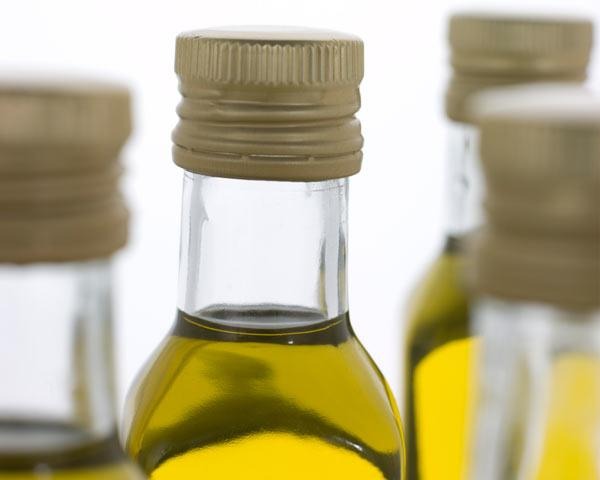7 Myths About Olive Oil
Many people know surprisingly little about olive oil, a commodity that so often makes the news — at times the subject of public esteem (as when a study is released about new health benefits), and at other times, scandal (as when more fraud is uncovered). Part of the lack of general knowledge is a result of all the crazy marketing out there: Peruse the olive oils in the cooking oil aisle of a typical grocery store and you'll be greeted by all kinds of terminology. Some of it is confusing — like "pure" and "extra-virgin" — which is better? Other terms are just pointless — "cold-pressed" for example, doesn't really mean much; basically, all extra-virgin olive oil is cold-pressed. And part of it is still a relative lack of popularity — according to Tom Mueller, author of Extra Virginity: The Sublime and Scandalous World of Olive Oil, "The Greeks eat more [olive] oil than any other nationality, 21 liters per capita every year as compared with 13 liters in Italy and Spain, 1 liter in Britain, and a little less than a liter in the United States." Opa!
Click here to see the 7 Myths About Olive Oil Slideshow
The point of all this marketing, of course, is to make olive oil less of a commodity in people's minds, and more of a product with different levels of quality, which is a step in the right direction, but as just pointed out, it's not always done well.
It's inevitable that something produced since antiquity and that is so legendary is going to accumulate some myths over time. Just how long has the olive oil trade been around? A very, very long time. There's a hill in Rome on the south side of the Tiber River that's half a mile in circumference, called Mount Testaccio, made out of the broken shards of 25 million amphorae, containers used by the Romans between the first and third centuries to transport olive oil. It's enough to hold 1.75 billion liters of oil, a testament to the importance of olive oil then. Its lucrative allure drove the unscrupulous to engage in all kinds of "interesting" business practices, some of which, like the adulteration of olive oil with cheaper oils, haunt us again today. "Crime has been part of the oil trade for at least 5,000 years," writes Mueller. "The earliest known documents to mention olive oil, cuneiform tablets written at Ebla in the 24th century BC, refer to teams of inspectors who checked olive growers and millers for fraudulent practices."
While there's no way to really know for sure what's in the bottle without opening it and tasting it, we can help uncover some of the mystery and confusion surrounding olive oil. For some street-smart advice, read on to the slideshow.
Will Budiaman is the Recipe editor at The Daily Meal. Follow him on Twitter @WillBudiaman.
